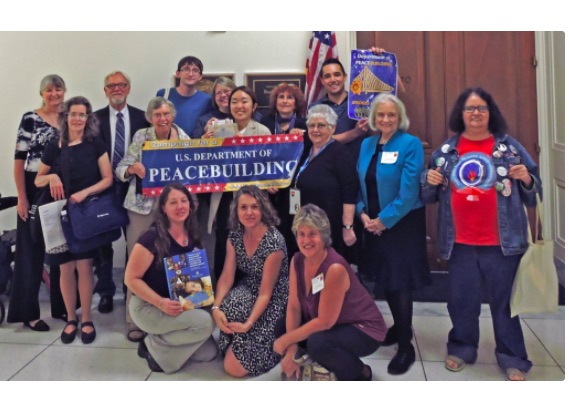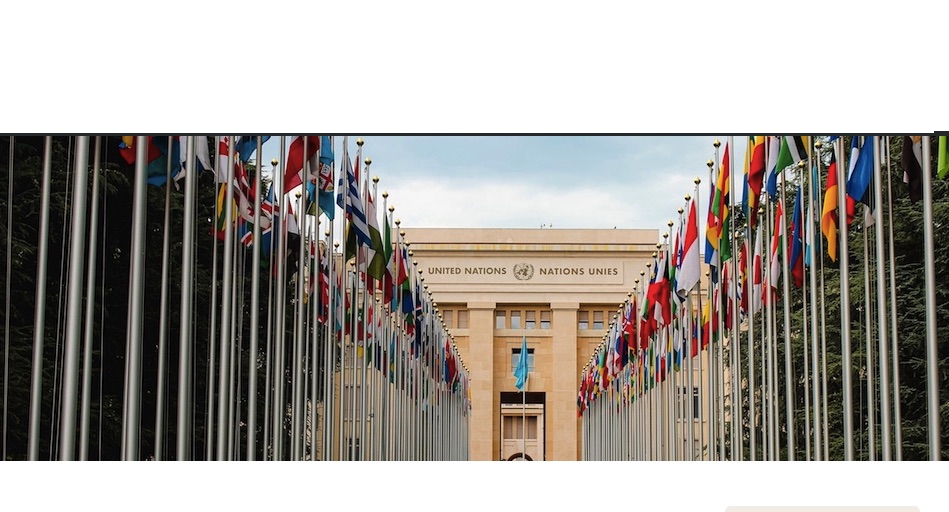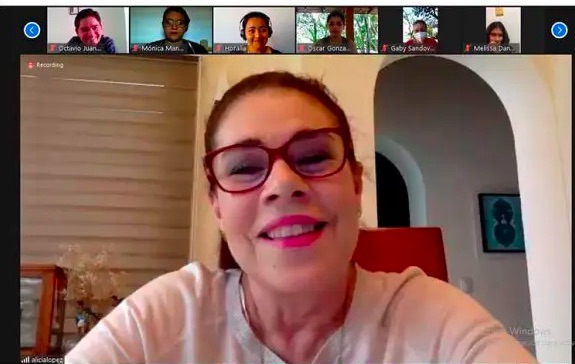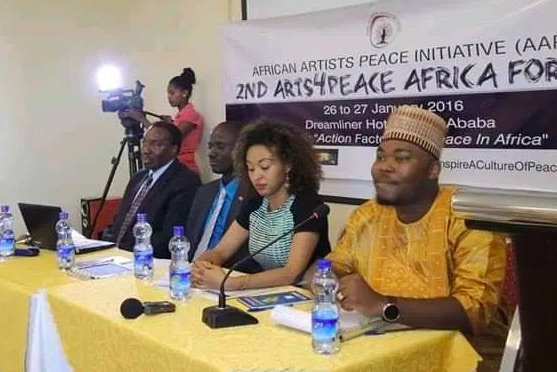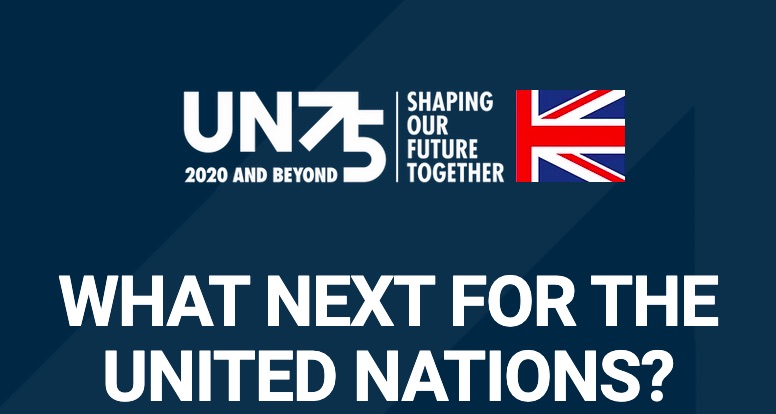FREE FLOW OF INFORMATION
Here are events between October 30 and November 10 that were previously listed on the CPNN page for upcoming virtual events. Unless otherwise noted the events are in English.
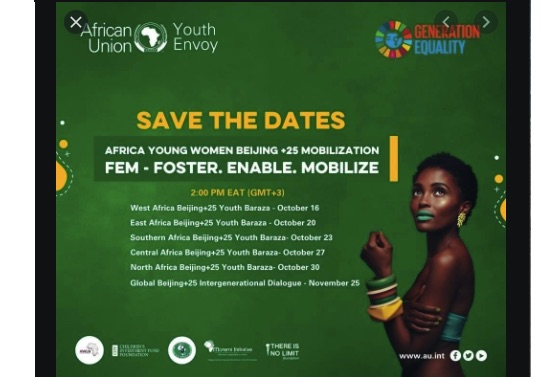
October 30
17:00 – 19:00 CET. Do Black Lives Matter in British History? A Conversation with Professor David Olusoga OBE. David Olusoga is a British-Nigerian historian, broadcaster and BAFTA award-winning presenter and filmmaker. His television series include Black and British: A Forgotten History, A House Through Time, Civilisations, and The Unwanted: The Secret Windrush Files. His books on colonialism and empire have won numerous accolades, including the PEN Hessell-Tiltman Prize. His latest book is Black and British: A Short Essential History. Join Aston University students and staff for a virtual conversation with Professor Olusoga. Admission is free and open to the public.
This live online event is organised and hosted by the Department of History, Languages and Translation at Aston University.
October 30
The Office of the Envoy of the African Union for Youth in collaboration with the Women, Gender and Development Directorate will organize the Baraza Beijing + 25 of the Youth of North Africa, as part of the “Beijing + 25 Mobilization of Young African Women” co-organized with the African Women Leaders Network (AWLN) Young Women Leaders Caucus and the International Youth Task Force for Beijing + 25.
October 30
Invitation: UN75 Dialogue in observance of World Cities Day
Better City, Better Life:: Valuing our Communities & Cities
Friday, October 30, 2020 3:00 PM – 5:45 PM (New York time)
Hosted by the Permanent Mission of Slovakia and the Permanent Mission of Germany to the UN, NGO Committee on Sustainable Development-NY and UN-Habitat
Our UN75 Dialogue in observance of World Cities Day: “Better City, Better Life: Valuing our Communities and Cities” will address the impacts of the COVID-19 pandemic on our communities and cities while strengthening our resilience to build back better. Thnt World Urban Forum – WUF10 and the UN Economist Network for the UN 75th Anniversary: Shaping the Trends of Our Time Report showed us the megatrends which shape our world. The present report focuses on five of these megatrends: climate change; demographic shifts, particularly population ageing; urbanization; the emergence of digital technologies and inequalities. While many are utilizing innovative communication platforms that allow for better engagement to strengthen the resilience of their communities and cities, through the pandemic, others without access are falling further behind. It is vitally important that we continue our focus on the SDGs and the UN2030 SD Agenda to build partnerships with Member States, UN-Habitat, national and local authorities as well as stakeholders from civil society and the private sector in order to be better prepared to achieve the inclusive, safe, resilient and healthier future we want with the UN we need – to “Leave No One Behind.”
November 2
You are invited to a follow-up webinar on Target 2045: A new rallying call for nuclear weapons elimination , which was one of the calls made in the appeal Protect People and the Planet: Appeal for a Nuclear-Weapon-Free World.. The event will take place on Monday November 2 from 10am-11:30am Eastern Time (USA). It will include presentations from:
· H.E. Mr Magzhan Ilyassov, Permanent Representative of the Republic of Kazakhstan to the United Nations;
· Mr Ramesh Jaura, Editor-in-Chief & Director-General, IDN-InDepth News, flagship agency of the non-profit International Press Syndicate group;
· Mr Saber Chowdhury MP, Honorary President, Inter-Parliamentary Union. Co-President, Parliamentarians for Nuclear Non-proliferation and Disarmament;
· Ms Vanda Proskova, Vice-Chair, PragueVision Institute for Sustainable Security. Co-chair, Abolition 2000 Youth Network.
The presentations will be followed by comments, questions and answers from the audience. Click here for the event flyer.
November 2-6
2 – 6 November 2020, the Geneva Center for Peacebuilding is hosting a free online event called Geneva Peace Week. All week there will be talks and lectures freely available to anyone. This year, the theme of the week is “Rebuilding trust after disruption: Pathways to reset international cooperation”. It is meant to have speakers and participants from around the world, sharing learning on peacebuilding and facilitating interactive discussions. Seems to be well organized for facilitating online participation. It’s free to sign up and attendees can participate in live workshop sessions. Details on how to participate are at the following link: https://eu.eventscloud.com/website/3030/
November 5 and 12 (in Spanish)
The UNESCO CHAIR: Citizenship, Coexistence and Pluralism invites you to the conferences of:
” SCHOOL OF DEMOCRACY ”
Thursday, November 5 from 7:00 p.m. to 8:00 p.m. (Spanish time)
CONFERENCE: “THE DECADENCE OF PARLIAMENTARIANISM”
AGUSTÍN RUIZ ROBLEDO, Professor of Constitutional Law at the University of Granada.
Thursday, November 12 from 7:00 p.m. to 8:00 p.m. (Spanish time)
CONFERENCE: “THE RISE OF THE EXTREME RIGHT”
MIGUEL ÁNGEL SIMÓN, Doctor in Political Science and Public Administration
Free registration through the following link: https://bit.ly/37djSKi
November 7
The Peace Studies Program and the Centre for Peace Studies at McMaster Universitycpresents The 20th Annual Mahatma Gandhi Lecture on Nonviolence: From the Civil Rights Movement to Black Lives Matter
Reflections by Rev. James Lawson and The Hon. Jean Augustine
Saturday, November 7, 2020, 4-6pm EST
Rev. James M. Lawson Jr.
An activist, minister, and the pioneer of nonviolence in the American Civil Liberties Movement. Reverend James M. Lawson Jr. was inspired by Gandhi’s use of nonviolence in securing justice and peace. Dr. Martin Luther King described Rev. Lawson as “the leading theorist and strategist of nonviolence in the world.”
The Hon. Jean Augustine
The Hon. Dr. Jean Augustine made history as the first Black woman elected to Canada’s Parliament and served from 1993-2006. Her legislative successes include the historic Black History Month Motion. She has dedicated her life to the pursuit of social justice.
To join the event, click on: https://youtu.be/t1uZ6gURHb0
If you have any questions about this event, please contact Director,Centre for Peace Studies, Dr. ChandrimaChakraborty (chandri@mcmaster.ca)
Tuesday, November 10th, 2020
Join us this Tuesday 6 pm PDT, 9 pm EDT and visit with Dot Maver – who is our founding Executive Director, and co-founder of the Global Alliance for Ministries and Infrastructures of Peace, the Global Silent Minute, the National Peace Academy, and the River Phoenix Center for Peacebuilding. In 2004, Dot served as National Campaign Manager for Kucinich for President.
Dot’s “keynote” is “inspiring cooperation on behalf of the common good,” and she consistently delivers on that theme.
We will also hear an update from the Department of Peacebuilding Committee, and we hope to hear from YOU! Join the Conversation!!
Once again, we will be hosting our Monthly Field Call using Zoom technology. Those who download the Zoom software can join the call using video tools – seeing the speakers and being seen if you wish. Others may phone in as usual, using the number provided via email after you register.
Here is the link to Register for this Call!
